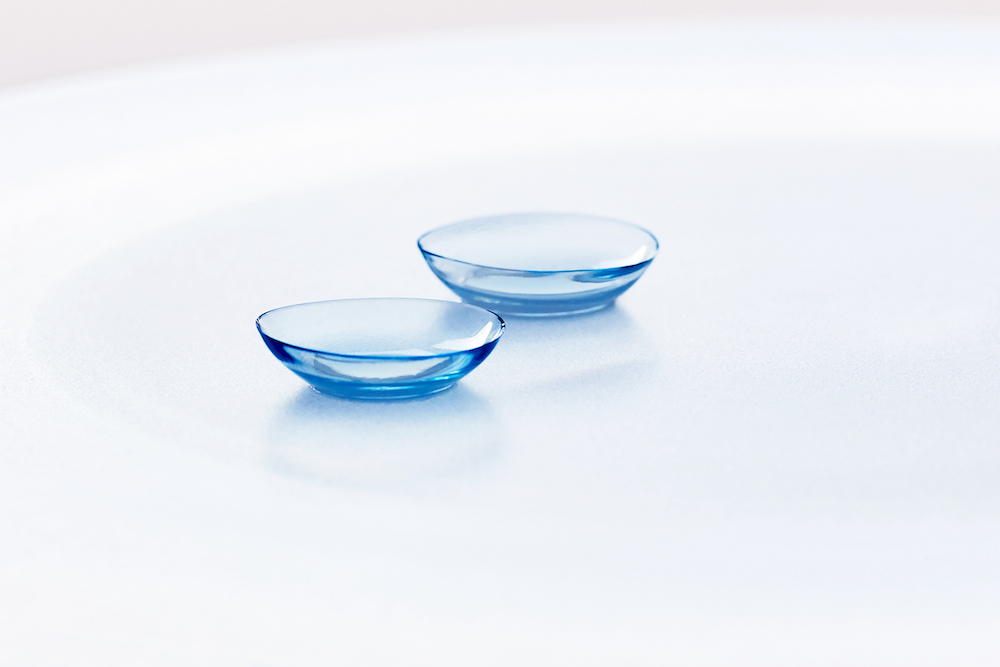
Specialty contact lenses are an option if you are not getting results from standard lenses or if they are uncomfortable to wear. However, terms like standard or conventional lenses can be confusing. After all, each patient’s eye has a slightly different shape, and contact lenses must suit the patient’s eyes. However, you will find different lenses to suit nearly every patient.
Specialty Lenses
These are useful when fitting a lens to a patient's eyes is more challenging than usual. They are ideal for patients who are not getting the comfort and vision correction they seek from their standard lenses. Specialty lenses are custom designed for people with corneal conditions or other eye issues that make conventional contact lenses unsuitable.
Types of Specialty Contact Lenses
Various specialty lenses exist to help with different corneal and vision conditions. Some of these conditions include:
Progressive myopia or hyperopia
High astigmatism
Post-corneal surgery
Keratoconus
Post-LASIK ectasia
Pellucid marginal degeneration
Dry eyes
Corneal scars
General discomfort
Some of the common types of specialty contacts include:
Scleral Lenses
Instead of sitting directly on the eye’s surface as conventional contacts do, scleral lenses vault over the cornea and rest on the white of the eye, known as the sclera. They have a larger diameter and leave space between the lens and the cornea. They are ideal for people with keratoconus and other corneal irregularities.
You may have better luck with these lenses if you find regular contacts unbearably uncomfortable since the cornea is more sensitive than the sclera. Furthermore, the fluid reservoir in the lens curve offers relief for those who suffer from dry eyes.
Toric Lenses
These are lenses shaped in a particular way. While conventional contacts have a spherical surface, the surface of a toric lens looks like a slice of a donut’s side. This shape creates different focusing, or refractive, powers on the horizontal and vertical orientations. The refractive power decreases or increases as you move around the lens.
Rigid Gas-permeable Lenses
RGP lenses maintain their shape while allowing oxygen through to the eye. They are very durable and provide crisp vision. RGP lenses are easy to care for and are less likely to tear or rip. However, it may take you longer to get used to them. They are an excellent option for people with irregular corneas.
Ortho-k Lenses
Orthokeratology contacts are RGP lenses worn overnight to reshape the front of the eye gently. Once you remove them in the morning, you can go about your day with clear eyesight without using eyeglasses or contacts. But the effects are temporary, so you should wear them nightly for the best results.
Multifocal Lenses
Multifocal contacts work to correct several vision issues at once, such as presbyopia and myopia. They have multiple focusing powers to provide clear vision at varying distances. They are ideal for those with more than one vision issue.
Conclusion
What makes specialty contact lenses unique is the niche community of contact lens users they create. They are an excellent choice for patients looking for a tailored fit for regular and irregular corneas. They improve visual function and comfort for those who struggle to find lenses that fit snugly.
For more information on specialty contact lenses, get in touch with our team at Special Eye Care in our Camp Springs, Maryland office. Call (301) 298-3241 to schedule an appointment today.




